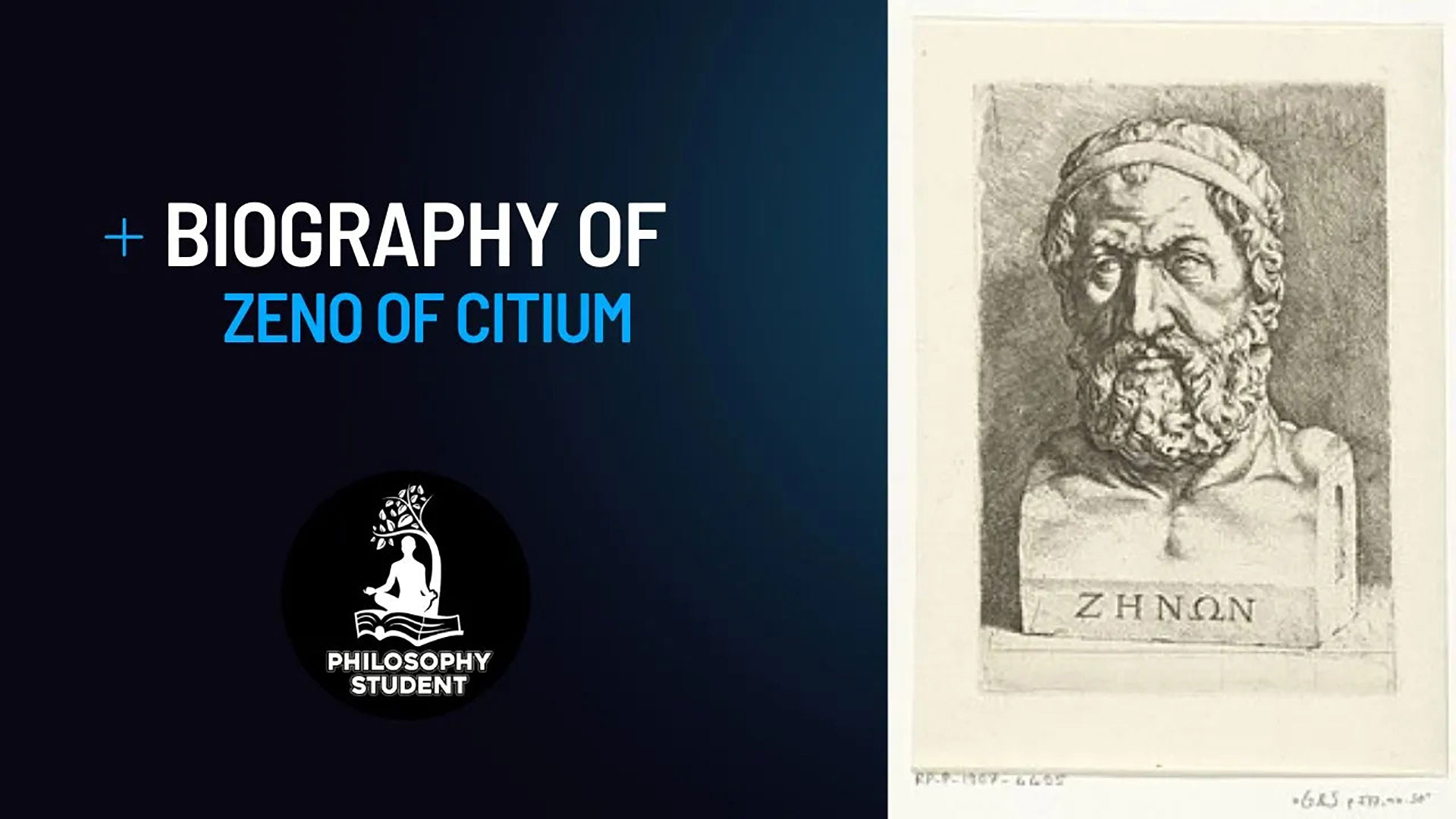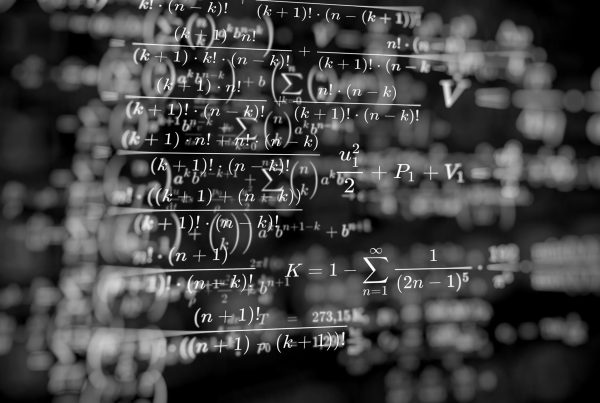Born about 495 BC in Elea, Zeno of Elea was a Pre-Socratic philosopher known for his paradoxes. Aristotle further credits him with inventing the dialectic.
No less a figure than Bertrand Russell called Zeno’s paradoxes “immeasurably subtle and profound.” The most important of the paradoxes purport to show that motion is impossible by revealing contradictions in assumptions regarding motion. Another paradox purports to invalidate the commonsense assumption that the world contains many things. The motive for Zeno’s paradoxes is disputed, but it is traditionally believed that they were intended to defend the monistic views of his mentor, Parmenides.
Plato’s Parmenides dialogue and Aristotle’s Physics both mention Zeno of Elea. Plato writes that he visited Athens in company with Parmenides. Dates mentioned in Plato’s account suggest that Zeno was born about 490 BC. The third century AD biographer Diogenes Laërtius, in his Lives and Opinions of Eminent Philosophers, reports that Zeno was the natural son of Teleutagoras and the adopted son of Parmenides. He was arrested —perhaps even killed—by Nearchus, the tyrant of Elea, for conspiring to overthrow him. Under torture, Zeno refused to reveal the identities of his coconspirators but told Nearchus that he had a secret to reveal. When the tyrant leaned in close to hear him, Zeno bit his ear. (Another account says that he bit off his nose.) Whatever the cause of his death, Zeno of Elea is believed to have died about 430 BC.
The most famous paradoxes of Zeno include:
The Dichotomy paradox: That which is moving must arrive at the half-way stage before it reaches its goal. But before it can get halfway, it must get a quarter of the way. Indeed, the fractions may be split infinitely, so that it becomes impossible to complete or begin any journey. Motion, therefore, is an illusion.
Achilles and the tortoise: The quickest runner can never overtake the slowest, when that runner is given a head start, because the pursuer must first reach the point whence the pursued started, so that the slower must always hold the lead.
The arrow paradox: For motion to occur, an object must change the position which it occupies, but, in any given instant (a durationless point) of time, the arrow is neither moving to where it is nor to where it is not. It cannot move to where it is because it is already there. At every instant, therefore, no motion occurs. If everything is without motion at every instant, and if time is composed of instants, motion is impossible.




































